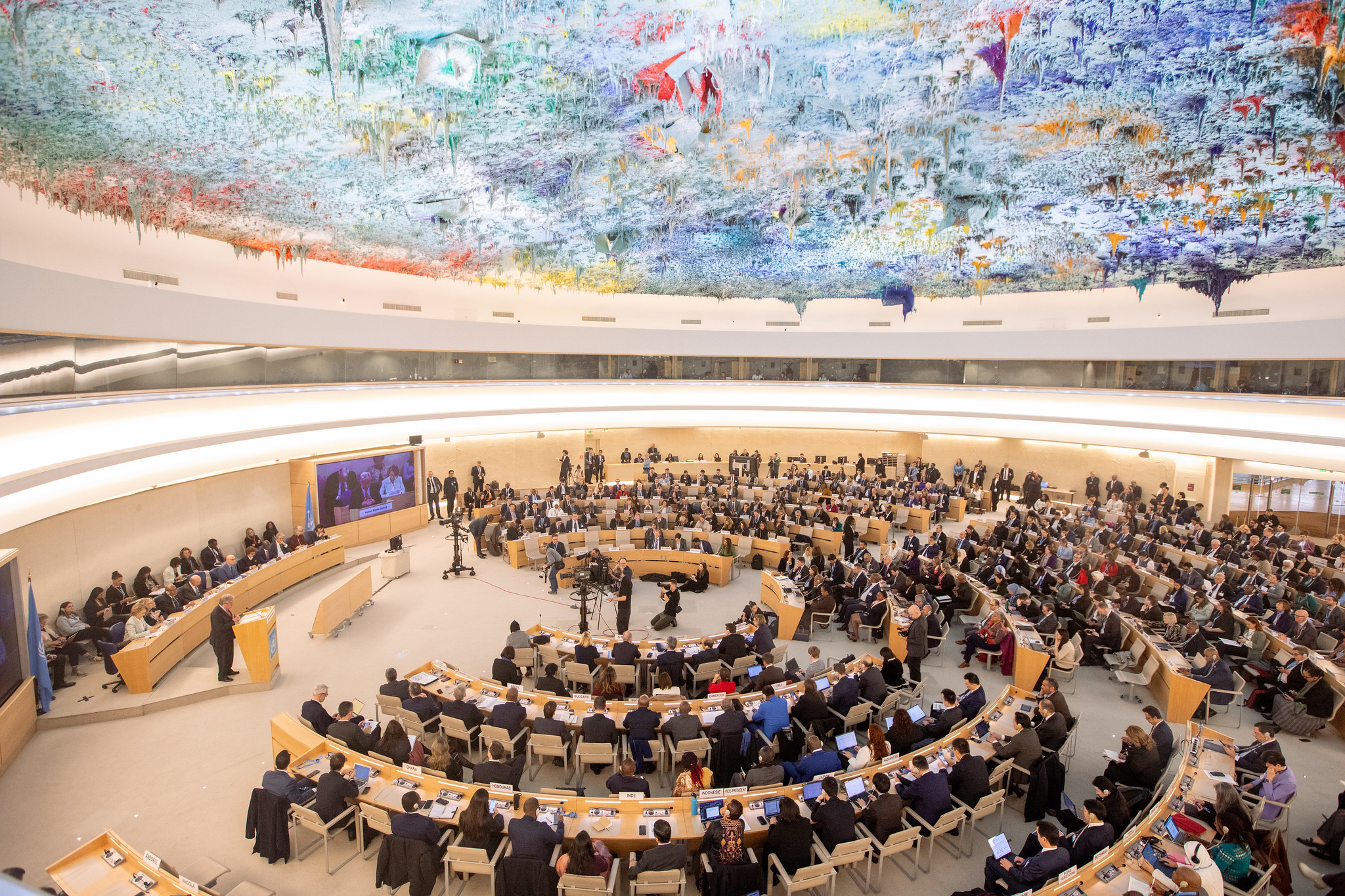As representatives of non-governmental organizations (NGOs), national human rights institutions and States prepare to attend the Universal Periodic Review’s (UPR) pre-session on 26 August 2025, the International Commission of Jurists (ICJ) expresses its profound concern at Libya’s dire human rights record, including, in particular, at serious violations of the rights to:
i. freedom of expression and freedom of association;
ii. equality before the law and freedom from discrimination, including gender-based discrimination; and
iii. truth and reparation.
“Despite accepting a number of recommendations during its previous UPR cycle in 2020, to date, Libya has made no progress in implementing them. The authorities relentlessly crack down on civil society actors, while violence against women and girls, including sexual violence, remains widespread. Additionally, efforts to adopt and implement a new transitional justice legal framework have stalled,” said Saïd Benarbia, ICJ Middle East and North Africa Programme Director.
Since the last UPR cycle in 2020, the Libyan authorities have continued to interfere in the activities of civil society actors and to intimidate, harass, arbitrarily arrest, detain and prosecute them. Since 2023, both the western and eastern authorities have reverted to enforcing a Gadhafi-era legislation that unduly restricts civil society organizations’ (CSOs) activities.
Additionally, Libya’s Penal Code remains grossly inadequate in the way it addresses violence against women and girls to the point of sanctioning the impunity of perpetrators. For instance, pursuant to its provisions, a rapist may be exonerated if he marries the victim/survivor; in addition, the Penal Code fails to criminalize domestic violence. A 2023 Draft Law on Protecting Women from Violence, which would have brought significant improvements, remains to be adopted.
Finally, despite Libya’s dire need for justice and accountability for crimes under international law, remedies for victims of such crimes have yet to materialize, and the adoption of an improved transitional justice legal framework has stalled because of political disagreements.
In light of its concerns, the ICJ calls on the HRC and its Working Group on the UPR to urge Libya to comply, among others, with the following recommendations:
- Cease the arbitrary prosecution and detention of persons solely for legitimately exercising their rights to freedom of expression and association;
- Abolish all existing laws and decrees regulating CSOs and adopt new ones in accordance with Libya’s obligations under international human rights law and standards on freedom of association;
- Adequately characterize sexual and gender-based crimes (SGBC) against women and girls and investigate them with a view to bringing those responsible to justice;
- Adopt the Draft Law on Protecting Women from Violence in accordance with international human rights law and standards with respect to violence against women; and
- Adopt a transitional justice legal framework in accordance with international human rights law and standards.
Background
The Universal Periodic Review (UPR) is an opportunity for UN Member States to examine each other’s human rights records and offer recommendations. All States go through the UPR every four years. Libya’s next UPR is scheduled for 12 November 2025. An informal pre-session organized by UPR Info, an NGO, is scheduled for 26 August 2025.
Downloads
ICJ Submission on Libya for the 4th Cycle of the UPR
Contact
Saïd Benarbia, Director, ICJ Middle East and North Africa Programme; t: +41 22 979 3800, e: said.benarbia@icj.org
Nour Al Hajj, Communications & Advocacy Officer, ICJ Middle East and North Africa Programme; e: nour.alhajj@icj.org





